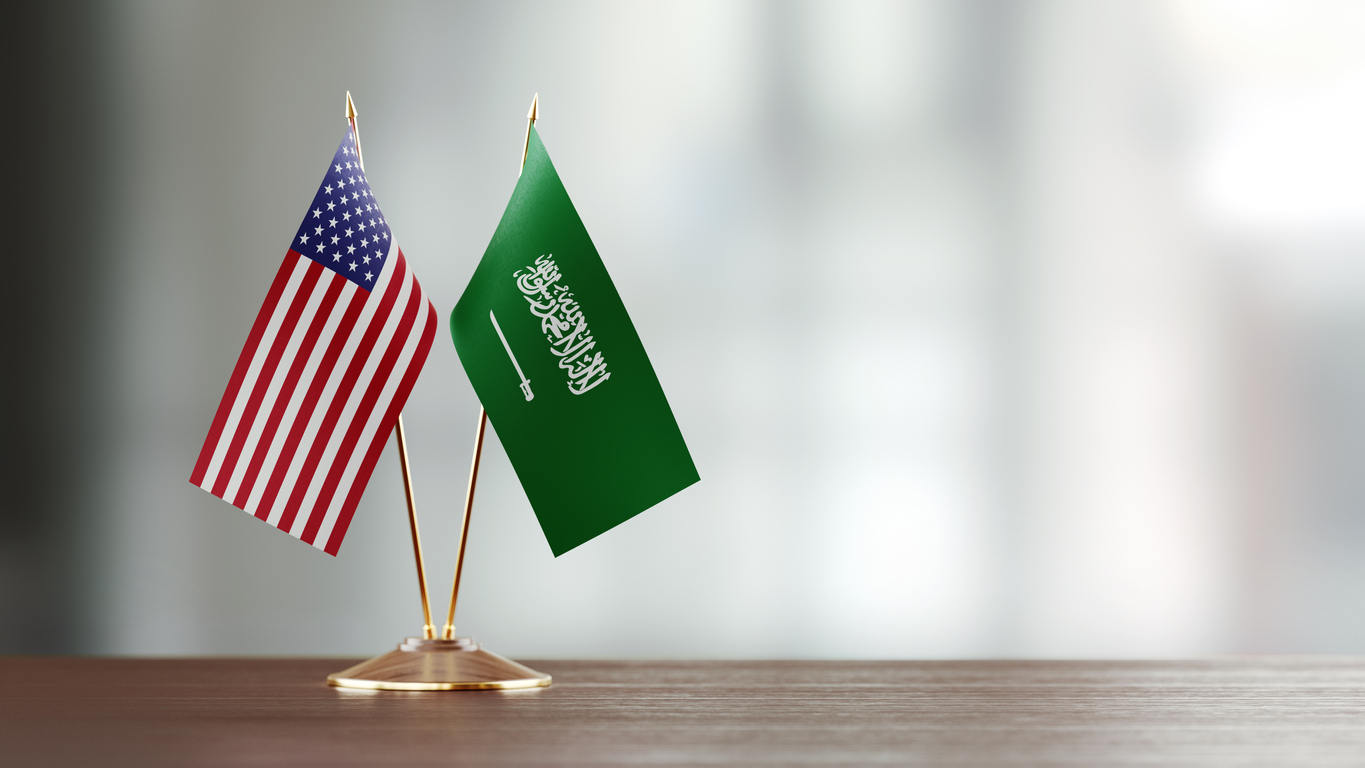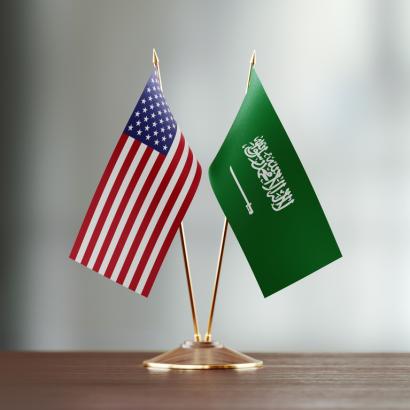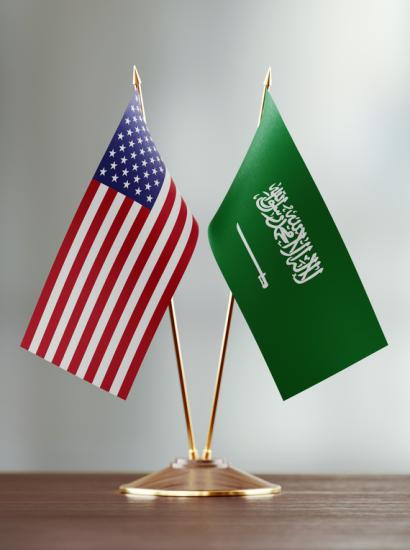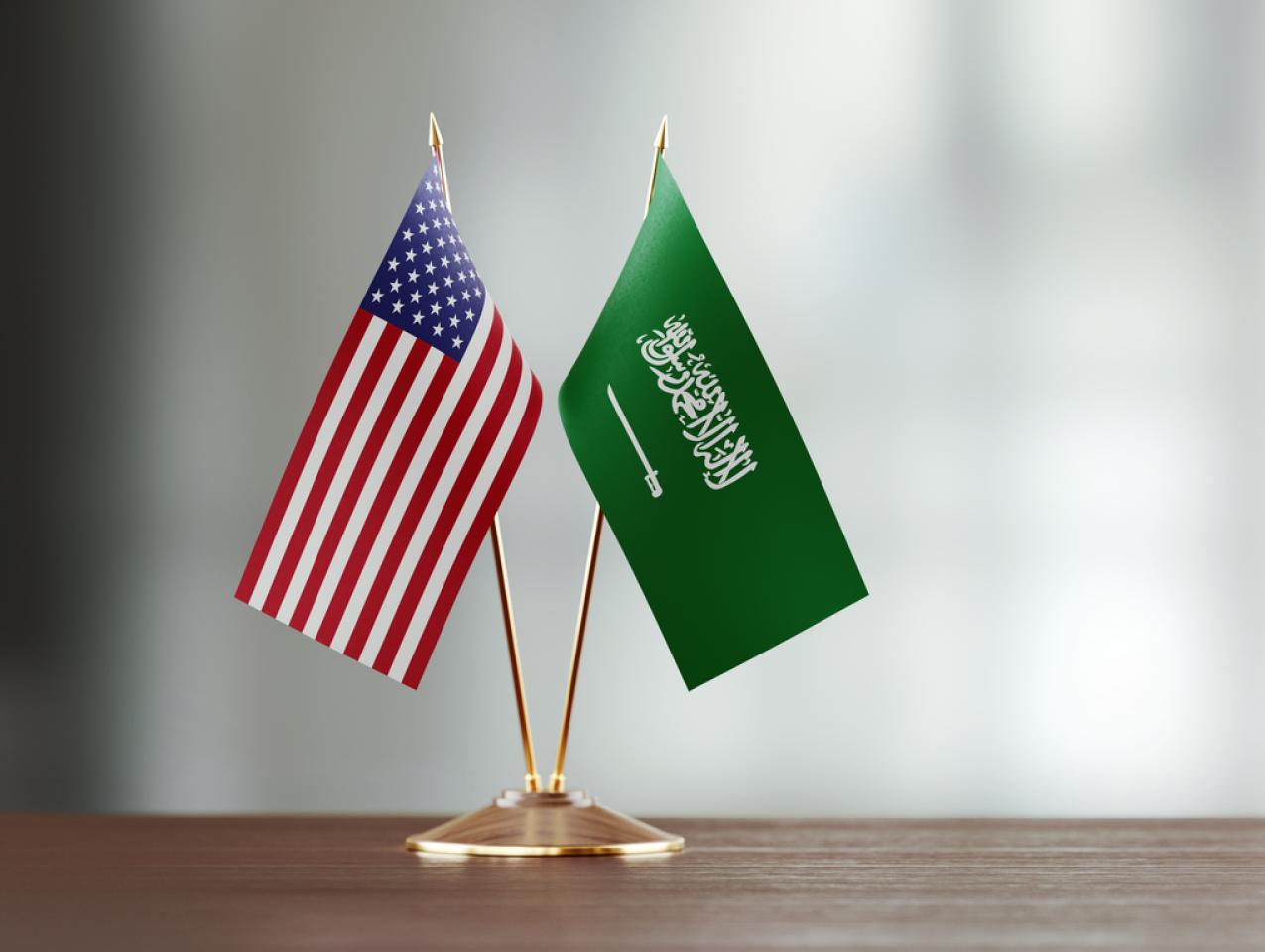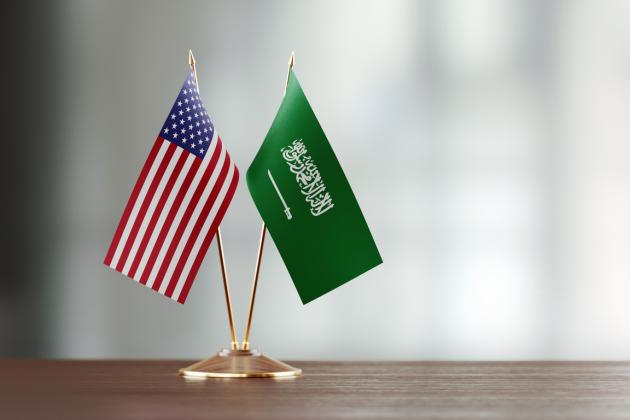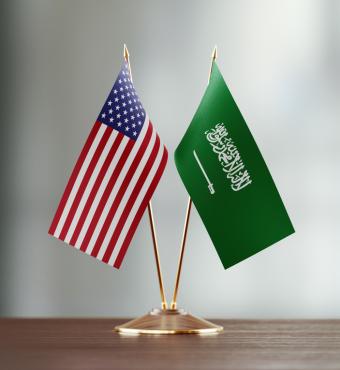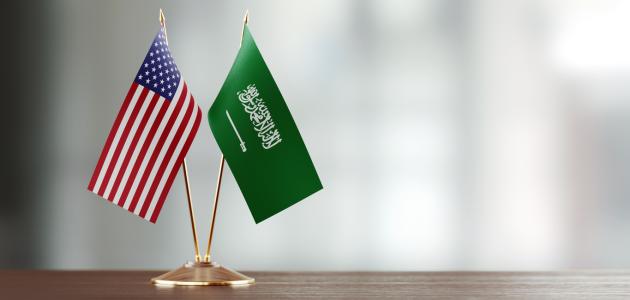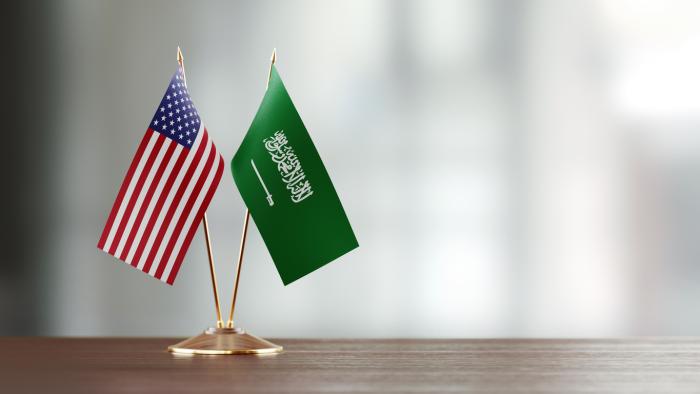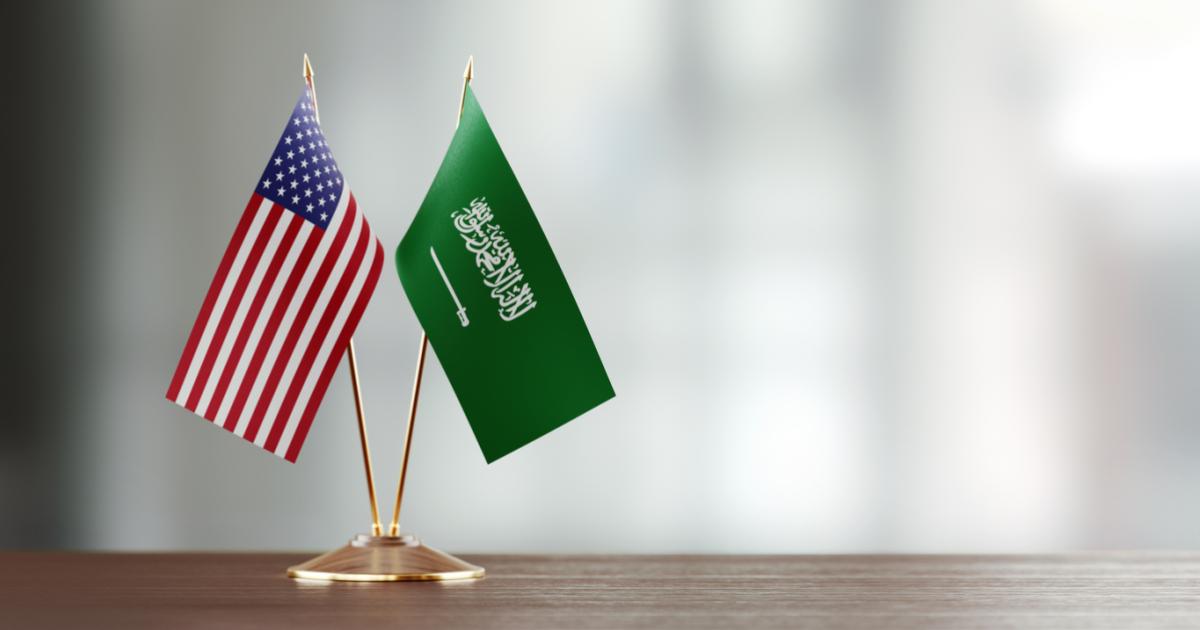Both the Bible and the Quran warn against hubris. “Take heed when ye think ye stand lest ye fall,” warns Corinthians; “Surely Allah does not love any self-conceited boaster,” admonishes the Quran. It’s a pointedly apt warning to Washington and Riyadh as we enter 2023.
The world looks more dangerous now than at any time since World War II. The risks of three hot wars are clearly visible. The West, led by the U.S., is already at war with Russia. Relations with Beijing are worse than at any time since President Nixon’s dramatic opening to Communist China in 1972 and a war over Taiwan can’t be completely ruled out. Or worse, a U.S. failure to defend Taiwan against Chinese intimidation, thus destroying already shaky faith in American leadership in Europe, Asia and the Middle East. Iran, which enjoys good relations with China and Russia, seems clearly intent on pursuing nuclear breakout, even as domestic protests at home threaten its stability. Or, perhaps it simply hopes to provoke a preemptive Israeli attack that would then unite Iranians again behind the theocracy they long to remove.
All this is a witches’ brew that demands strong U.S.-Saudi cooperation to defend mutual interests in Middle East stability. Yet what we see right now is a distracted President Biden and an increasingly independent Saudi Crown Prince Mohammed bin Salman, each drifting away from the essential strategic cooperation both nations need.
No one should begrudge Riyadh its “Saudi First” policy, which means the Kingdom will put its interests first especially when it comes to making decisions on oil pricing and production. The Crown Prince’s Vision 2030 reforms are good for the Kingdom—and also good for the U.S. Yet modernizing an economy to reduce its dependence on oil requires lots of money. The U.S which easily could enhance its own oil production but for Biden’s devotion to green energy, should be embarrassed to go hat in hand as the President did in July to beg for more Saudi production and then, worse yet, condemn the Crown Prince for failing to comply.
Pretty much everything Saudi Arabia has done this year has been aimed at underscoring MBS, as the Crown Prince is known, as an independent actor on a global stage. Unlike earlier Saudi kings he is not under American tutelage. He has confronted the U.S. on oil production, hosted the President of China with a warmth at strong odds to the frosty Biden visit, and been named Prime Minister of Saudi Arabia, which insulates him from prosecution in the U.S. in a suit filed by Jamal Khashoggi’s fiancée.
Everything seems to be going his way. World leaders want to meet him again; Aramco, the Kingdom’s oil company, had the most profitable quarter last July of any company in the world ever. The Saudi economy is forecast to be one of the fastest growing in 2022 --at least 7.6% -- by the International Monetary Fund. And on top of all that, the Saudi soccer team defeated Argentina, the 2022 World Cup champion.
But appearances can be deceiving. The real concern for Riyadh should be whether the U.S. can be persuaded to engage in genuine strategic cooperation to secure the Middle East against Iran. The Biden team seems not to understand that American allies like Europe, Japan and Saudi Arabia are becoming more active precisely because they fear American decline and disengagement. The President’s refusal to publicly terminate any attempt to revive the Iran nuclear agreement frightens Riyadh and leaves this presidency struggling to save the dead legacy of the Obama presidency. Looking back, not forward, does not reassure allies. The resulting anxiety can translate into the search for other options, however unsavory they may be.
President Biden has personally humiliated the Crown Prince in contrast to President Xi’s warm courting of the young Saudi prince. Xi, like MBS, is a dreamer with big global ambitions. He is determined to achieve his so-called “China Dream”, making China great again after a century of humiliation and adding Taiwan to that greater China.
Does he see the Ukraine war and America’s distraction now as a good time to advance his ambitions in Taiwan? Or does the poor performance of Russia’s military and the fact that China’s army hasn’t been tested since 1979 in its clashes with Vietnam serve as a deterrent? Regardless of the motives, China’s interests are not Arabia’s, and MBS needs to put his country’s needs in perspective and seek to end the deterioration in relations with Washington.
Putin seeks to break Western support for Ukraine by dragging out a ground war he cannot win. Iran is his major new arms supplier with drones that the U.S. has only belatedly equipped Ukraine to shoot down. How much does this deepening Russia-Iran alliance encourage Tehran’s breakout goal? With Russia on Iran’s leash and America clearly distracted in Ukraine and divided at home, will Iran feel more emboldened? Almost surely its domestic problems will play a larger role in how it pursues its external activities. The U.S. and Israel have trained for a strike on Iranian nuclear facilities should they determine that it is required. Iran’s theocracy may hope to goad Israel into a strike in the belief such an external enemy would again unite Iranians around their government.
China is the largest trading partner of Saudi Arabia which along with Russia is Beijing’s major oil supplier. Does China’s growing friendship with Saudi Arabia, Russia and Iran act as a factor for Mideast stability? Or does China feel more prepared for Mideast oil disruptions now that it has Russia as a private gas station? Clearly Riyadh hopes to persuade China that Iran is a threat to Mideast stability and thus to China’s security interests. Will China seek to nudge Iran toward regime change or let things take their course in Tehran?
No one knows the answers to all these complex, overlapping personality and policy issues. But given the inherent dangers confronting the world in general and the Middle East in particular, the U.S. administration and Congress should stop pushing Saudi Arabia into the arms of China, while Saudi Arabia should acknowledge that only the U.S. has the military capability to maintain regional stability. Then a genuine dialogue about a real security architecture could be hammered out. All else is window dressing and dangerous delusion.







